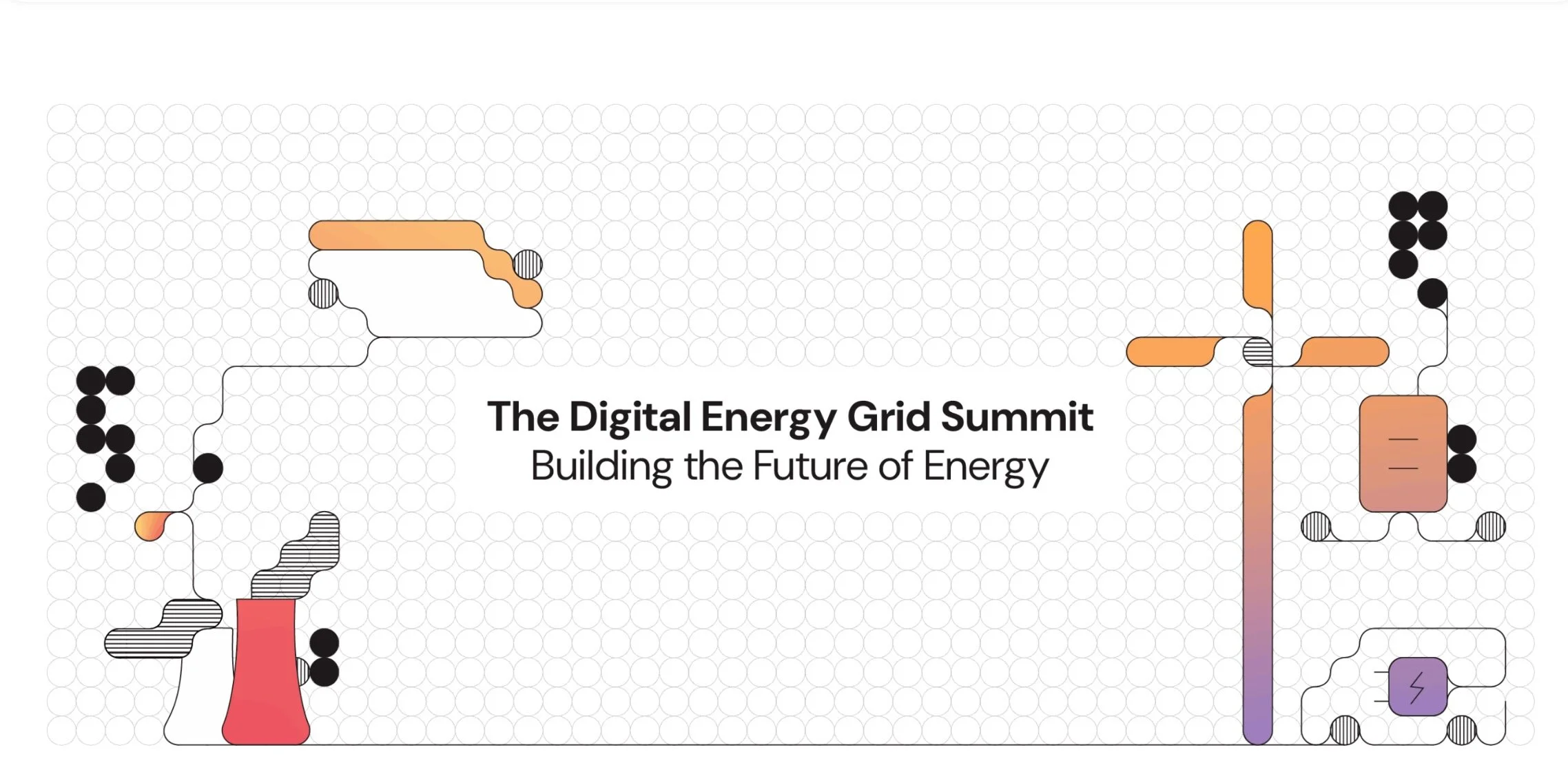The Digital Energy Grid Summit: Building the Future of Energy
In partnership with the Innovation Hub for Prosperity at the Cambridge Judge Business School, Foundation for the Interoperability of the Digital Economy (FIDE) , the E-Lab, and the University of Cambridge climaTRACES Lab, we will host a summit to shape the Digital Energy Grid — which revolutionises energy markets through real-time coordination, universal access, and scalable sustainability.
This is a decisive decade. The opportunity we face is comparable to the mobile and internet revolutions—but this time, in energy. Just as open, standardised digital rails—such as India's UPI and Brazil's PIX—have unlocked exponential growth by setting shared protocols and enabling private innovation, the Digital Energy Grid (DEG) could do the same for the energy sector.
Four Forces — Climate Urgency, Market Demand, Tech Readiness and Regulatory Momentum — have aligned to create the conditions for transformation but governments are unlikely to build it alone. The summit’s core hypothesis is that change will be driven by commercially viable digital ecosystems, not central planning.
Without the DEG, digitalisation risks locking innovation into proprietary silos. Decarbonisation will become harder, slower, and more expensive. Grid costs will rise, public trust will erode, and investment will fragment. With the DEG in place, consumers gain the freedom to choose, trade, and save; entrepreneurs gain access to modular, open markets; grid operators gain real-time flexibility and foresight; and communities gain infrastructure to drive local prosperity.
This is the difference between a fractured energy transition—and a coordinated one.
The summit is not just a conference—it is a catalyst for commercial collaboration, designed to turn shared vision into coordinated action. It brings together investors, builders, regulators, and energy communities to move from commitment to execution. It aims to Frame the Urgency through insightful keynotes; Prove it's Possible through demonstration of active implementation; Showcase an Experience Zone with hands-on demonstrations, interactive walkthroughs, and live simulations; and lastly, Build the Coalition by catalysing new ventures throughout the day. All of this will take place as participants engage with examples of technologies and teams shaping the future of energy markets from a peer-to-peer billing platform, and a decentralised energy grid to smart EV-charging solutions, and from live simulations of sustainable biofuel trades to working groups tackling local flexibility markets.
The DEG Summit is the launchpad for a five-year market buildout and calls on: Startups, to build DEG-compatible products; Investors to fund platforms, local markets, and orchestration tools; Regulators to expand sandboxes, mandate interoperability, and incentivise market innovation; and Communities & Utilities to join pilots and co-design projects that bring the DEG to life.
Solving the sustainable energy challenge means building the infrastructure for coordination. The DEG is that infrastructure. Be part of the transformation.
For project briefs, pitch slots, or working group participation, contact bharath@becknprotocol.io and c.montes@jbs.cam.ac.uk.
What is the Digital Energy Grid (DEG)?
Open transaction networks have transformed finance and mobility by reducing friction and enabling inclusion. Now, energy is next. Just as shared digital payment protocols have unlocked exponential growth through real-time coordination, the energy sector must now build an equivalent digital layer. This shift parallels the leap from fixed-line to mobile telephony—delivering flexibility, dynamism, and efficiency in the grid without massive new physical infrastructure investments. As traditional grids strain under the pressure of decentralised renewables and rising demand, the answer is not more centralisation, but interoperable digital coordination.
The Digital Energy Grid (DEG) applies this proven model to the energy sector, providing the infrastructure for real-time, transactive energy systems. It lowers costs, expands market access, and delivers measurable returns by aligning three critical flows: energy (the electron), trusted information, and capital. As with digital ID and payments in India, its power lies in making coordination infrastructure open and programmable, allowing anyone to build on top of it under neutral, multi-stakeholder governance that keeps markets open and competitive. The DEG is also designed to overcome key challenges—including cybersecurity risks, incumbent resistance, and fragmented regulation—creating a level playing field where private innovation can scale quickly.
This is not digitalisation for efficiency alone—it is digitalisation to unlock investable climate solutions. The DEG enables profitable business models that build resilience at scale, accelerate decarbonisation, and empower consumers. Today, for example, a homeowner with rooftop solar and a battery has no simple way to trade surplus energy with a neighbour or respond dynamically to real-time grid price signals. The DEG makes this kind of trusted, automated coordination possible.
WHEN: 28 November 2025
9.30 PM – 6.00 PM: Summit in Keynes Lecture Theatre
6.00 PM – 7.00 PM: Networking and drinks in Provost’s Drawing Room
WHERE: King’s College, Cambridge
TICKETS: For project briefs, pitch slots, or working group participation, contact bharath@becknprotocol.io and c.montes@jbs.cam.ac.uk.






